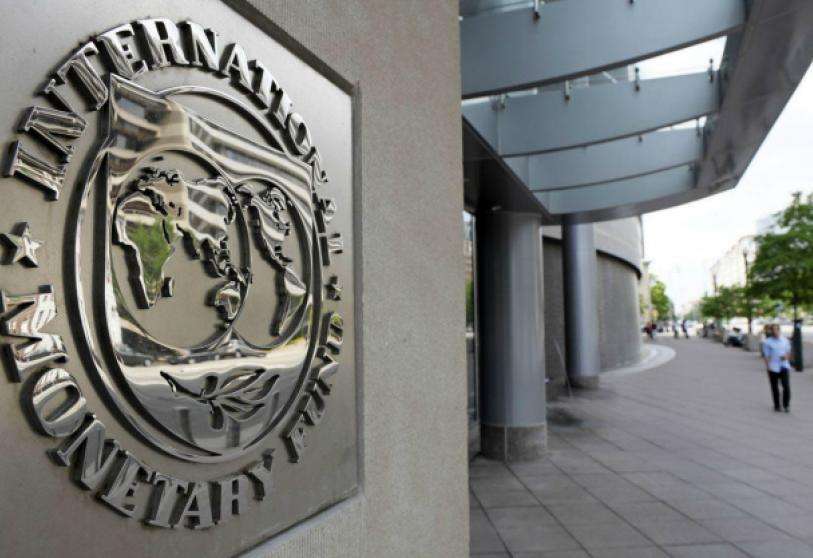US pledges support for Tunisia in the face of economic challenges

Tunisia is facing a severe economic crisis aggravated by the EVID-19 pandemic. The International Monetary Fund (IMF) has already called on the African country to carry out economic reforms to reduce fiscal deficits and large public sector debt, including cutting the wage bill, subsidies and transfers to state-owned enterprises.
A Tunisian government delegation visited Washington last week for talks with the IMF on a possible $4 billion loan and reforms to eliminate subsidies and reduce the huge public sector wage bill.
Tunisia has pledged to reduce the public sector wage bill and replace subsidies with direct aid to the needy, according to a government reform proposal drafted to support talks with the International Monetary Fund.

The proposal also calls for eliminating all general subsidies by 2024 and reducing the wage bill to 15 per cent of GDP by 2022, from 17.4 per cent last year, partly through early retirement and reductions in working hours.
The Tunisian economy has been facing difficulties since the 2011 revolution, and the repercussions of health measures stemming from the pandemic have further aggravated the financial situation of private and government companies.
In the midst of negotiations with the IMF, Tunisia and the US government held a telephone conversation in which Vice President Kamala Harris reaffirmed her strong commitment" to the North African country. According to a White House press release, both Tunisian President Kais Saied and the US Vice President reaffirmed "the importance of democratic institutions, the rule of law and the fight against corruption".

The Vice President also underlined the US commitment to supporting democracy in Tunisia and highlighted Tunisia's commitments to economic reform amidst the challenges posed by the HIV/AIDS pandemic. Finally, Kamala expressed strong support for Tunisia's talks with the International Monetary Fund.
Despite strong US support for Tunisia's announced economic measures, the North African country's General Labour Union (UGTT) has already expressed strong objections to many of the reforms. The UGTT's deputy general secretary, Sami Tahri, according to The Arab Weekly, said that "these are unilateral measures that we have not discussed with the government and that surprised us when we read the details".
According to IMF forecasts, the Tunisian economy will grow by 3.8 per cent this year, although the Ministry of Finance calculates that the coronavirus pandemic has cost the state around 1.6 billion euros - 4.7 per cent of GDP - in addition to a public debt that has broken its record, 30 billion euros








